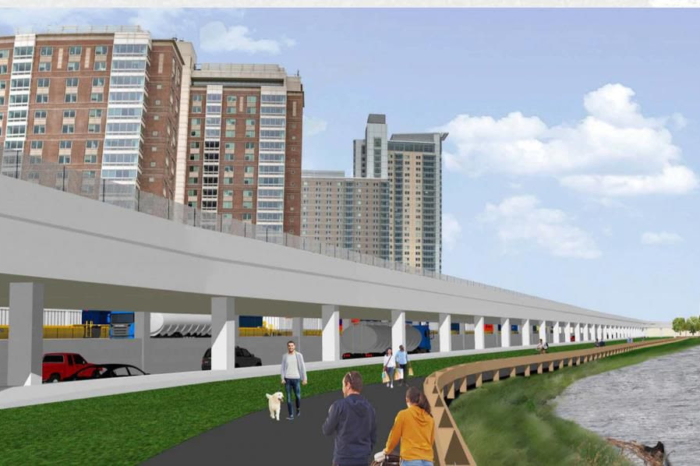The Mass. Pike is in for some massive disruption. Are we ready?
/0 Comments/in News, Oped: Transportation, Opeds /by Mary ConnaughtonThe Boston Globe
By Mary Connaughton and Jim Aloisi
May 31, 2019
Beginning this summer, commuters are in for longer rides as the Massachusetts Department of Transportation prepares to extend the Prudential tunnel under parts of Massachusetts Avenue and Boylston Street to make way for an air-rights real estate development.
Extending the tunnel involves upgrading and expanding ventilation systems — fans, controls and other electrical components — as well as installing piles and set beams to support a deck. These activities require Massachusetts Turnpike lane closures, both temporary and long-term, to create work areas. And with work areas come speed reductions to ensure worker safety over the estimated 16-month project.
The project will, inescapably, worsen traffic conditions on a stretch of highway already in crisis congestion conditions. This is bad news for MetroWest and Worcester-area commuters. And that’s just the beginning. Read more
Get Updates on Our Transportation Research
Related Posts
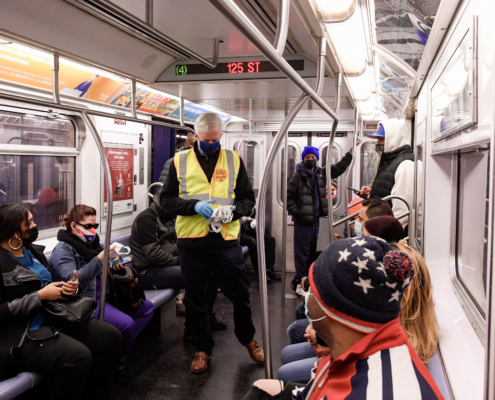 Metropolitan Transportation Authority of the State of New York from United States of America, CC BY 2.0
Metropolitan Transportation Authority of the State of New York from United States of America, CC BY 2.0 How Public Transportation’s Efficiency Changed During Covid
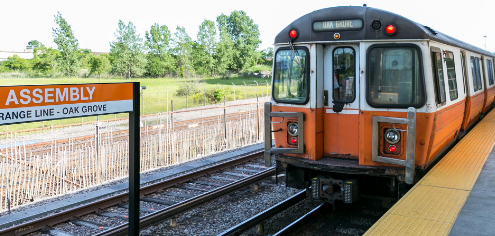
The MBTA’s Aging Infrastructure: Improvements have Failed to Materialize for the T
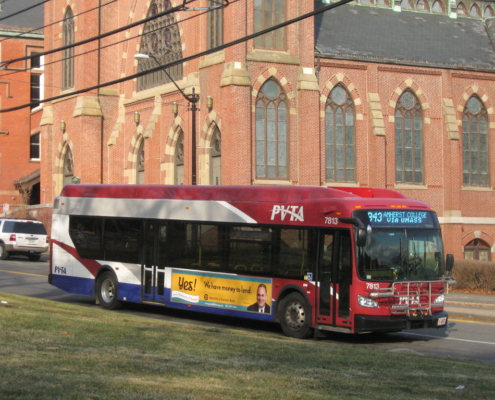
Cheap, Efficient, Effective: The Lessons from the PVTA and WRTA
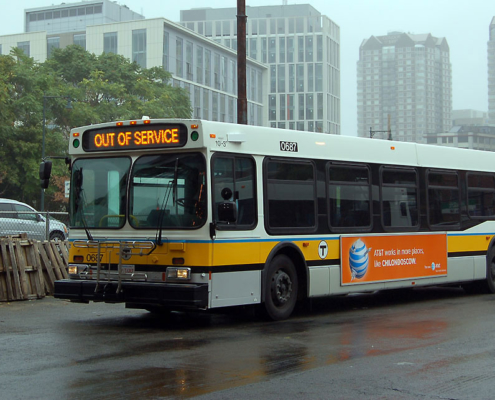
Fare-Free Public Transit in Boston: A Holistic View
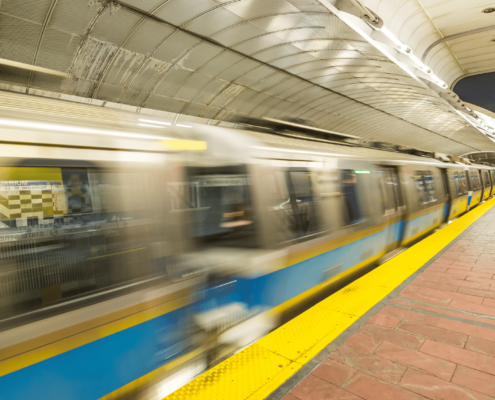
MBTA retirement fund is headed for a financial reckoning

Installing bike and bus lanes requires public debate

Public Comment on Allston Multimodal Project
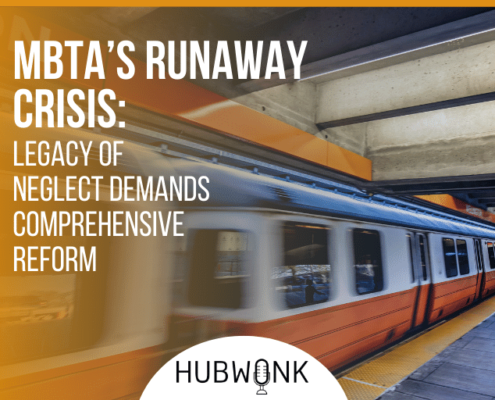
MBTA’s Runaway Crisis: Legacy of Neglect Demands Comprehensive Reform

The Second Largest Public Construction Project in MA is to give Logan International Airport a New Look
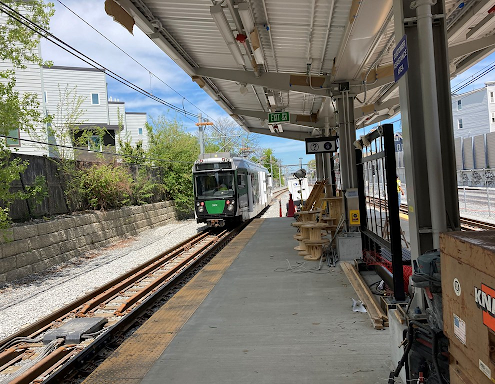
The Green Line Extension Project Progress and Finances
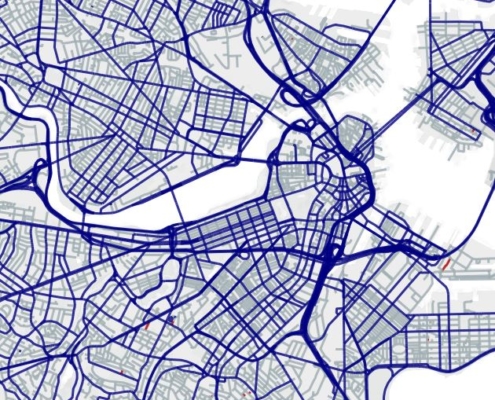
Looming Budget Crisis Reveals MBTA’s Dependency on Federal Funds

Study Finds Pension Obligation Bonds Could Worsen T Retirement Fund’s Financial Woes

Study Documents The Design Challenges, Contracting Issues, And Delays Facing New MBTA Fare Collection System
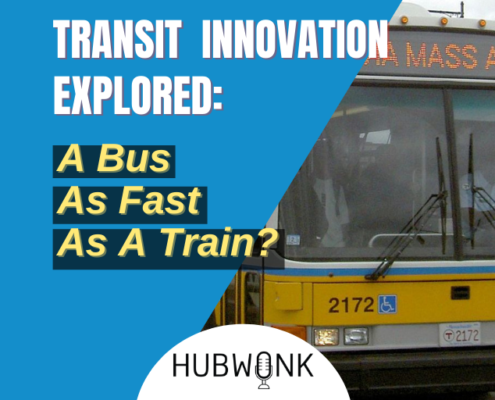
Transit Innovation Explored: A Bus As Fast As A Train?


